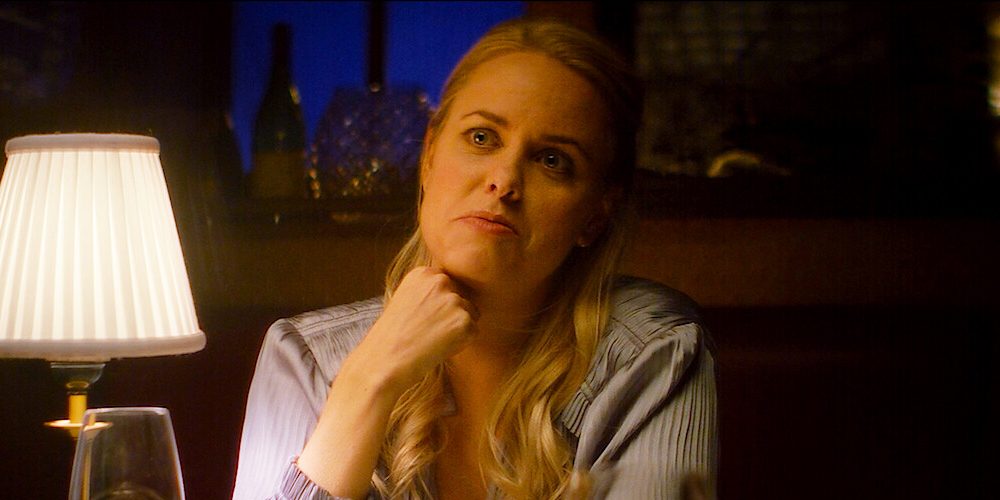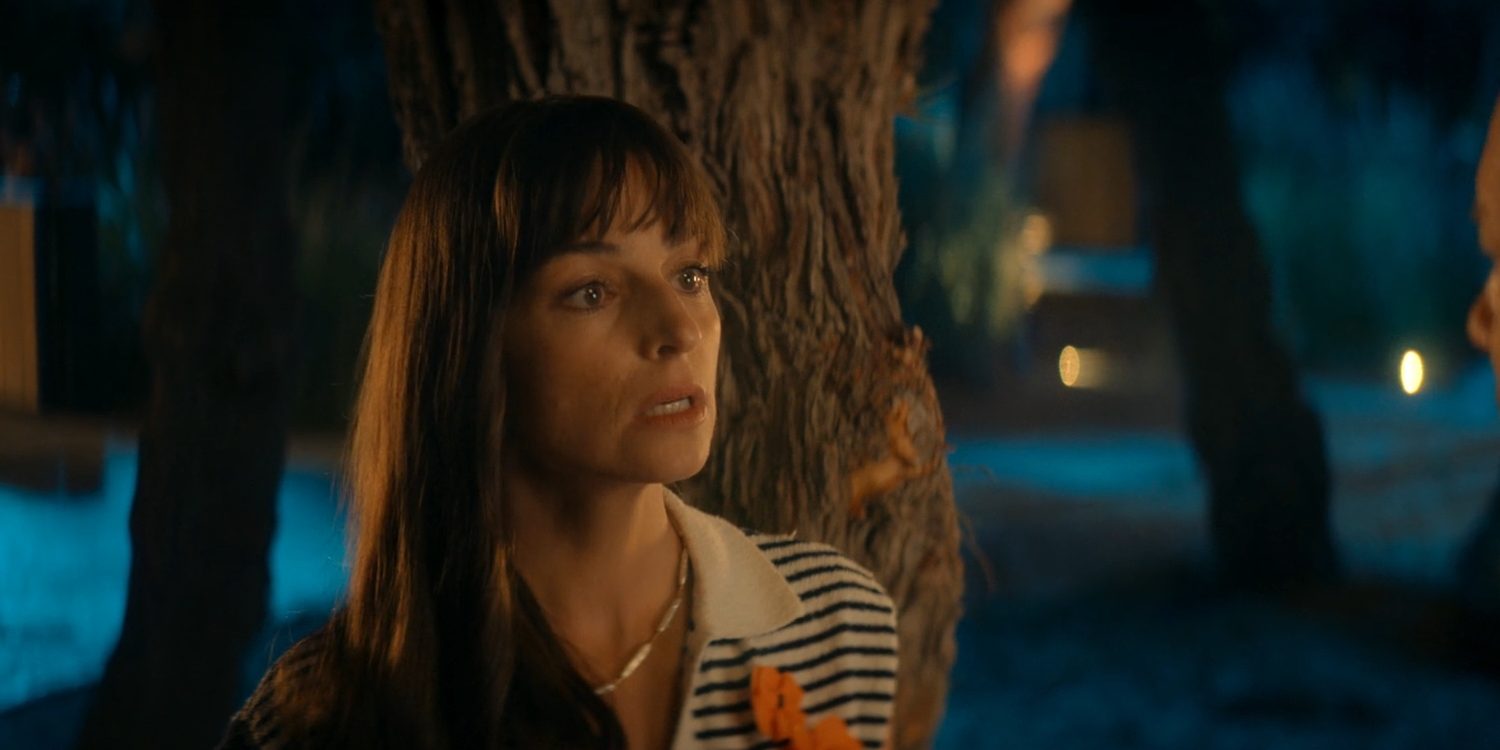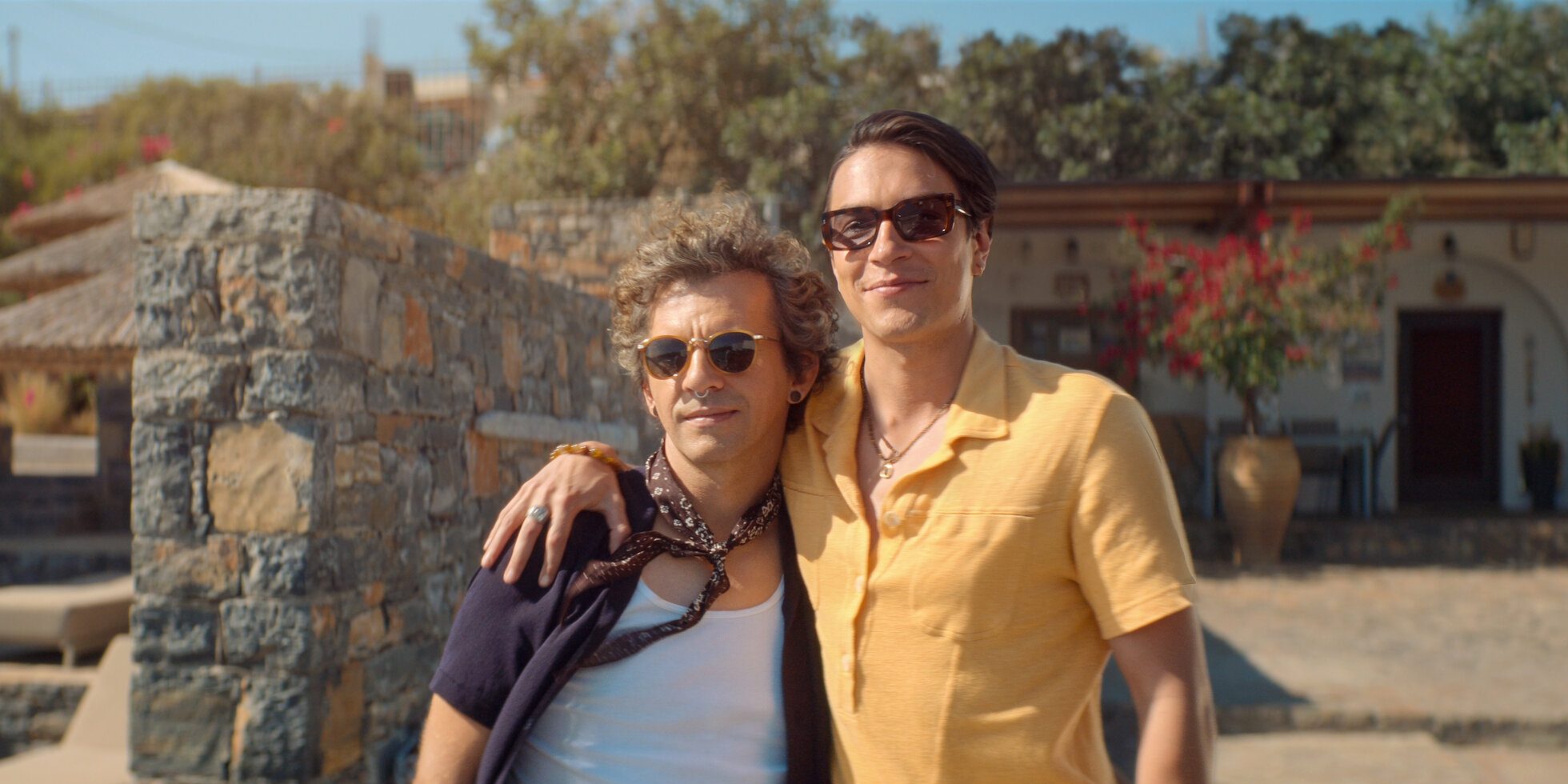Netflix’s Polish drama film ‘Planet Single: Greek Adventure’ or ‘Planeta Singli 4: Wyspa’ follows the lives of Tomek, Ania, Ola, Bogdan, and Marcel on a mysterious Greek Island. Directed by Sam Akina and Michał Chaciński, the narrative delves into the lives of the main characters as they explore the beauty and the mysteries that they encounter on the island. Tomek and Bogdan start to suspect that a con artist might be targeting one of the members in the group. The film navigates themes of love, sex, betrayal, friendship, loyalty, and the dangers of technology. The setting, the characters, the mysteries, and the story of the film lead to intriguing questions about the inspirations behind it and the origins of the film.
Planet Single: Greek Adventure Sheds Light on Dating Scams and Swindling
‘Planet Single: Greek Adventure’ is a fictional tale that has commentary on important social issues. Written by Sam Akina, Michał Chaciński, Łukasz Światowiec, and Aleksandra Parnowska-Ramsey, the story specifically highlights the dangers of online dating scams and the dangerous trend of swindling. In the film, characters are subject to fraud because of their vulnerabilities and also their desperation to find love. Without explicitly naming anyone, the narrative appears to subtly hint at the case of Shimon Hayut AKA Simon Leviev whose scams and dangerous actions of swindling became the subject of the popular Netflix documentary called ‘The Tinder Swindler.’ The documentary talks about the perspectives of the victims of the con artist and their harrowing experiences.

In the film, characters mention a made-up show called “Planet Bandit,” which makes references to the case of the real-life swindler, without explicitly mentioning his name or the name of the Netflix documentary. Just like real life, the film also has a major plot element that deals with a person trying to swindle a rich man. The dangers of online dating are heavily featured in the narrative, as it explores how easy it is to falsify your identity and objectives to fool someone else and make them believe that you love them. People’s vulnerabilities are taken advantage of in films, just like in the real world. A 2024 report from the World Economic Forum featuring the views of Sean Doyle and Cecilie Fjellhøy revealed how “romance fraud” is becoming a richer industry.
Doyle, who works for the Centre for Cybersecurity at the World Economic Forum, opined that swindling is an excellent example of a cybercrime. She stated, “The Global Scam Alliance has put out an estimate of, I think, $1 trillion in profits. We come back to recent incidents we’ve had of 220,000 plus people being recorded as being trafficked to work in cyber fraud farms.” This proves that huge sums of money are generated throughout the world through scams. Cecilie, who was one of the victims of Shimon Hayut’s schemes, revealed important details about the reality of such scams. She believed that the most challenging aspect of being a victim of fraud was dealing with the aftermath. The woman stated, “Forty per cent of all crime is fraud. But only 1% of police resources are allocated to fight it. When you think about the intricacy of romance fraud, then how little is being used to tackle it?”

This proves that the world of online fraud is still extremely dangerous and can lead to unexpected consequences for the victims. Interestingly, a report from Manchester Evening News revealed that Cecilie is now actively helping fraud victims to reveal the identities of their scammers. So, her personal experiences led her towards the path to help others. Barclays reported in 2025 that romance scams in the UK had increased by 20% compared to the previous year. In 2024, the average loss due to romance scams increased to £8,000, a significant rise from approximately £5,800 in 2023. Individuals aged 61 and above are particularly vulnerable, with their average claims reaching £19,000. The film also looks at similar scenarios where fraud can occur in the most unexpected ways, connecting it to the dangers of the real world.
The Movie Comments on the Idea of Love in a World of Algorithms and Sensationalism
One of the most important plot points in the film is about the idea of love and how it has changed in an era of algorithms. Marcel desires to use the island to host a new reality show that talks about love and genuine connections, but his vision is opposed by Aleksander, who wants to host a reality show called “Planet Single: Island,” which only deals with physical attraction, sex, and casual relationships to entertain the audience. This conflict in the movie highlights how the idea of utilizing sex and intimacy as money-making resources has been shaped by digital algorithms. Despite not being explicitly mentioned, the film talks about shows like ‘Love Island’ and ‘Too Hot to Handle,’ which use physical beauty, sex, and intimacy to attract more viewers.

Though the film doesn’t exactly criticize these shows, it does say that genuine love and connection are more critical than sensationalizing beauty and sex. According to a 2025 report from The Sun, ‘Love Island’ in its most recent season was packed with raunchy scenes and also depictions of on-screen sex. Though the film doesn’t explicitly critique the idea of using sex for sensationalism, it talks about the importance of genuine connections as opposed to those shown on dating shows.


